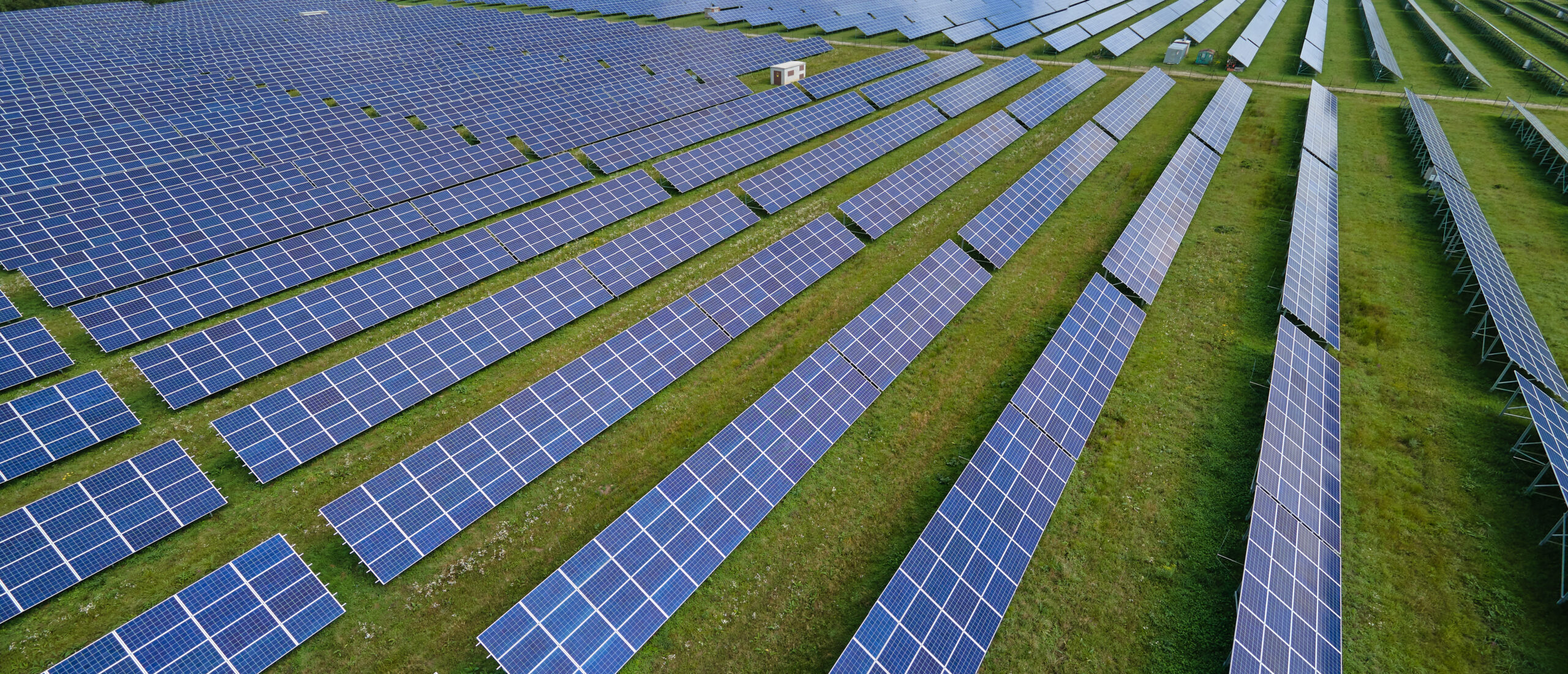Benefits of Community Solar Gardens
Community solar gardens, also known as community solar projects or shared solar programs, offer a variety of benefits to individuals, communities, and the environment. Here are some key advantages.
Accessibility to Solar Energy: One of the primary benefits of community solar gardens is that they allow individuals and businesses to access the benefits of solar energy even if they cannot or prefer not to install solar panels on their own properties. This expands solar energy access to a wider audience.
Lower Energy Costs: Participants in community solar programs typically receive credits or savings on their electricity bills for the energy generated by the shared solar arrays. This can lead to lower energy costs for participants, helping them save money on their utility bills.
No Need for Rooftop Solar: Community solar eliminates the need for homeowners and businesses to invest in rooftop solar installations, which can be costly and may not be feasible due to factors like roof condition, shading, or rental property status.
Supports Renewable Energy Goals: Community solar gardens contribute to the growth of renewable energy and help reduce greenhouse gas emissions. By supporting solar projects, participants indirectly help combat climate change and promote sustainability.
Equal Opportunity: Community solar projects are inclusive and provide equal access to solar benefits for renters, low-income households, and those who live in areas with restrictive covenants or limited sunlight.
Flexibility: Participants can often choose the amount of solar energy capacity they want to subscribe to, allowing them to tailor their energy savings and contributions to renewable energy generation to their specific needs.
Low Maintenance: Community solar gardens are typically maintained by the project developers or operators, so participants do not need to worry about the maintenance and upkeep of the solar panels and infrastructure.
Local Economic Benefits: Community solar projects can stimulate the local economy by creating jobs during construction, maintenance, and operation phases. Additionally, revenue generated from these projects may benefit the local community.
Supports Grid Stability: Distributed generation from community solar projects can help improve grid resilience and reduce strain on the utility grid, especially during peak demand periods.
Education and Awareness: Community solar programs often come with educational opportunities for participants to learn more about solar energy, sustainability, and environmental issues, raising awareness and promoting eco-friendly behaviors.
Reduces Energy Inequity: Community solar can help address energy inequities by providing affordable clean energy options to underserved communities and those with limited access to traditional solar installations.
Program Flexibility: Depending on the structure of the program, participants may have the flexibility to transfer their subscription if they move within the service area, making it a viable option for both homeowners and renters.
In summary, community solar gardens offer a range of benefits, including cost savings, accessibility to clean energy, support for renewable energy goals, and environmental sustainability. They provide an inclusive and flexible way for individuals and communities to participate in the clean energy transition while promoting local economic development and reducing energy costs.

